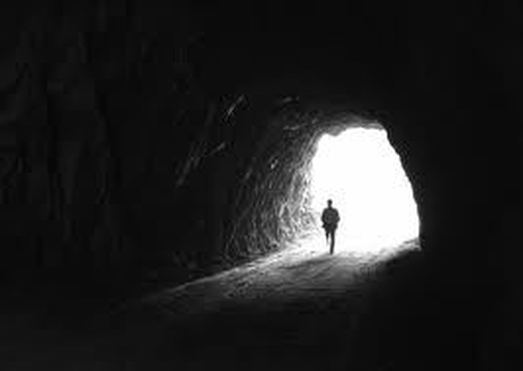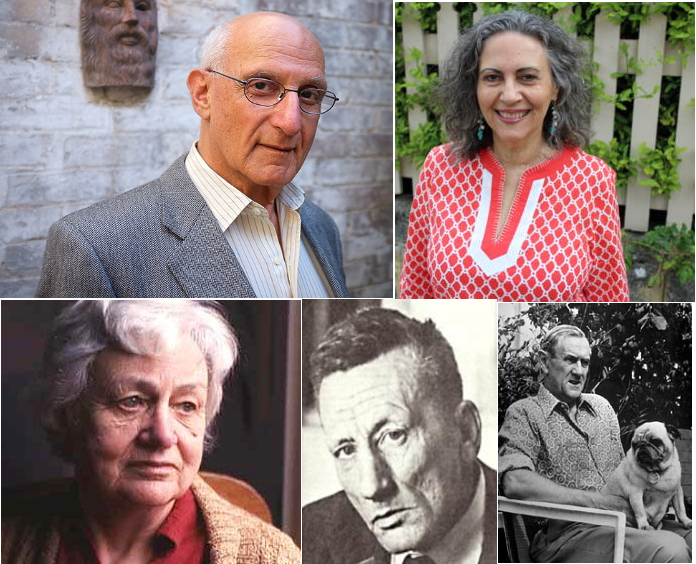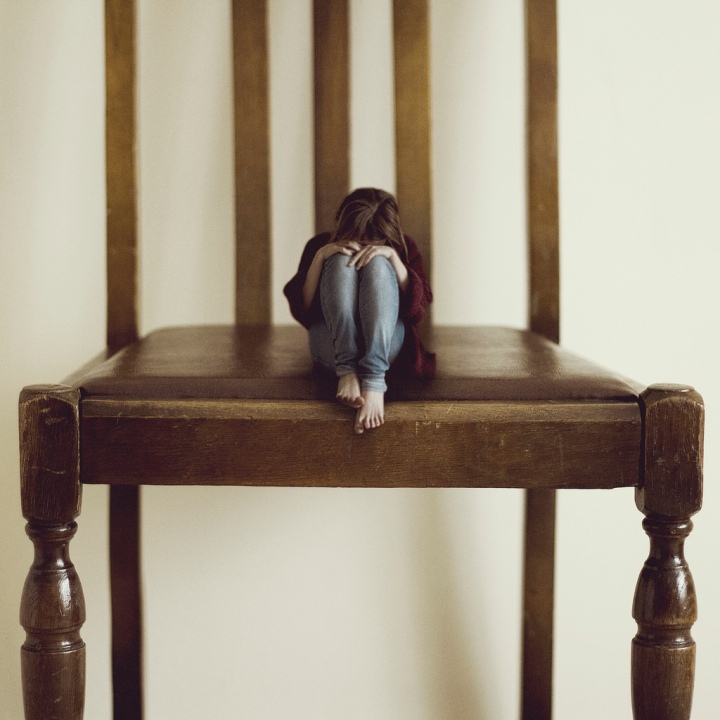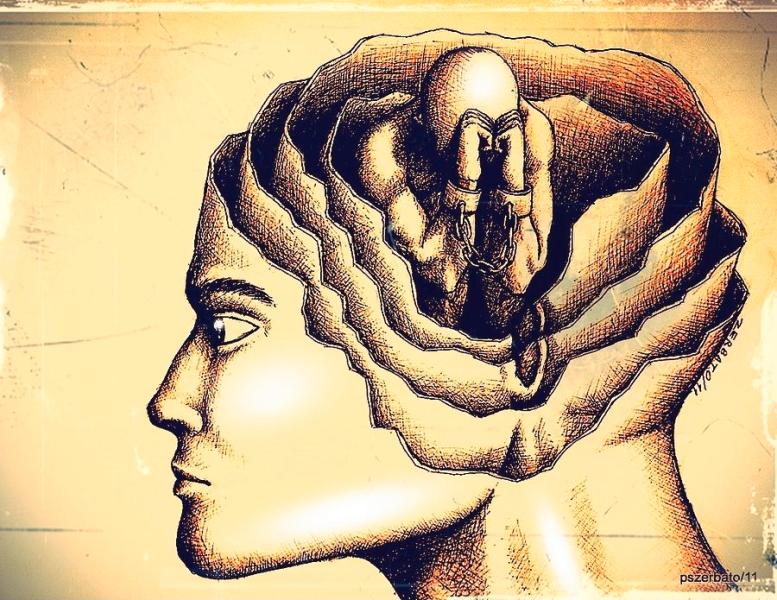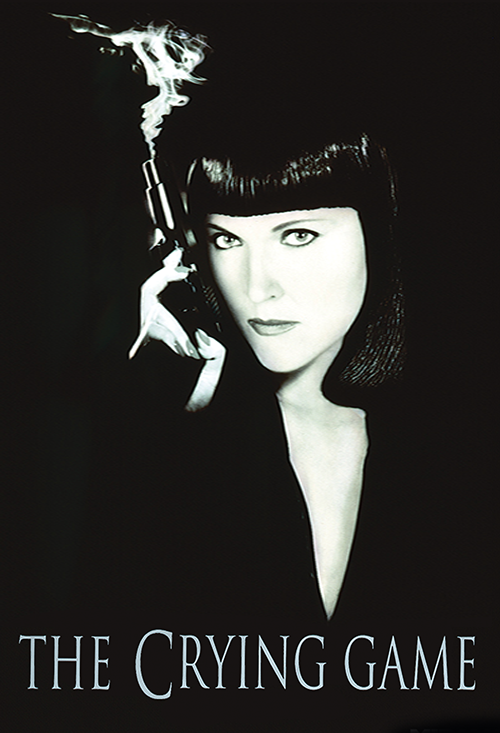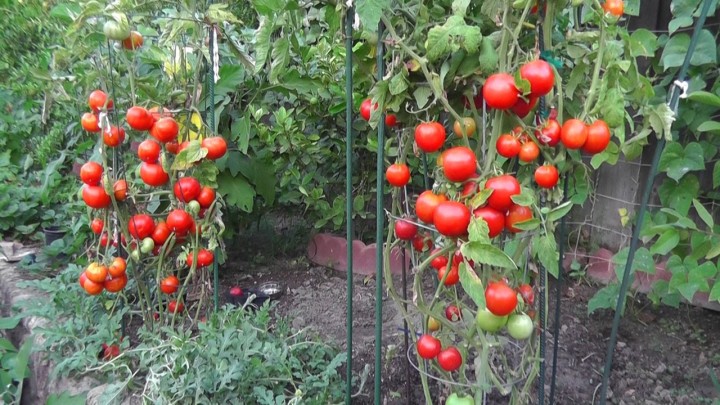To all my family, friends and anyone who may be just curious,
I will hereby attempt to explain what is happening with my mental health issues. I will not go to deep into what is discussed between my therapist and me. Rather I will try to give an overview of what we are working on so as to alleviate some of the confusion that seems to be surrounding my condition. Firstly, is it depression or anxiety? Regrettably for me it is both and at the moment it is much more anxiety than depression. Depression and anxiety are blanket terms for a large number of symptoms and each person suffers in their own unique way. I will not try and speak for any other sufferer than myself (I have often considered the term ‘nervous breakdown’ a better description of my plight, but that term seems not to be used anymore). While this may seem rather long it is by no means the be all and end all of my issues and treatment, but I hope it clears up some of the confusion I continually run into.
I believe I have always been an anxious person and I was certainly a nervous kid. I was not molested or physically abused as a child. I also know friends and family that have been through similar or worse dramas than I have. Everyone is different and everyone deals with stress differently; everyone processes things differently. Unfortunately for me I am overly susceptible to adverse effects from emotional stress and it seems that I chose to bury it all away and ignore it from a very early age; as a result I became a very emotionally dethatched individual. This may have been a good survival mechanism for me as a child, but it is proving extremely troublesome in adult life.
I was somewhat of a clown which helped cover up my anxiety and detachment, but I could never properly express my emotions or get too close to people. Most of the trauma I have been suffering intermittently over the past fourteen years has been me trying to re-connect with all those repressed feelings and trying to rejuvenate my withered emotional core. I like to describe my previous self as a kind of Spock character, living only in the intellect and shunning emotions. I felt disconnected from the human race. I truly felt that everyone else was in the fish tank and I was outside looking in.
I have discovered that intense anxiety usually precipitates an emotional breakthrough. It is as if the anxiety acts as a smoke screen that prevents me from seeing something that may be painful (usually something from my childhood) or may cause a desire to grow or change in some way (obviously in an emotional sense rather than physically). I often emerge from these bouts with an altered point of view. None of this is exact and clear cut, it is definitely more art than science. We must remember that I am not a machine, but a complicated human being and the mind is an enigma that we have yet to unravel in any significant sense. Depression usually occurs through the exhaustion that results when the anxiety has been beating me down for too long.
While mine is not a purely chemical problem I am prescribed antidepressants to help alleviate some of my symptoms. Thus for me antidepressants work in a similar way as codeine would for a broken leg; they help lessen the pain so that I can get on with recovery. They do not remove my emotional problems, they merely make it possible for me to function better so that I can attend therapy and try and sort out my inner turmoil. This is the only way I can achieve any long lasting peace; the painstaking hard work of facing my inner demons one at a time and trusting in the process that there will be a light at the end. When your broken leg heals there will be a lot of painful rehabilitation you need to go through and you will need painkillers to assist you. Would it be advisable to simply pop the pills and not follow the advice of your physio and doctor? Also, do you think that taking a higher dose of painkillers will speed up the healing process? My issues are primarily emotional, maybe even spiritual and therefore drugs can only do so much.
The way in which antidepressants function greatly reduces the risk of addiction. It takes a long time for the medication to get into your system (maybe a few weeks) and therefore you do not get the direct hit from each dose that can lead to addiction. Benzodiazepines such as Valium, Xanax or Ativan work in much the same way as alcohol; you take the tablet and pretty soon you get the desired result, which in this case is relaxation. This is why these particular drugs need to be taken with great caution; the risk of addiction is extremely high! Unfortunately, sometimes my anxiety can reach intolerable levels and I desperately need some relief. I use Ativan only in small doses for extreme occasions and am closely monitored by my therapist. I am aware that people who genuinely seem to care about me believe that this whole thing is going on too long and maybe I should get some better medication. I hope my broken leg analogy helps with explaining this; there is only so much help one can get from medication. After that I am either only risking addiction, which will only multiply my problems, or I can walk around in a dazed stupor and become dysfunctional in a new way.

I binge drank through most of my late teens and all of my twenties and this tended to keep the demons at bay most of the time. I had a few occasions where the anxiety and panic attacks knocked me down for a few days, but I always managed to get myself back on the beers and back on track. Sad as that seems this was what I thought my life would be. Not long into my thirtieth year my body let me know in no uncertain terms that I could no longer continue down this path and I had to either cut out the binging or become totally abstinent. Fortunately I was able to cut down my drinking quite drastically and I still enjoy a beer to this day. However, being without my crutch in those early months led to my first major depression which lasted six weeks in 2004.
For anyone that may be wondering, the reason I didn’t just switch to marijuana was because it never really grabbed me. I smoked pot through most of my late teens and I did enjoy it early on, but it eventually lost its appeal and I made beer my opiate of choice. Also becoming a pot-head would have been just another way of self-medicating.
Many years later at an AA meeting I realised that I could not return to binge drinking even if I wanted to; no matter how bad the emotional pain got, and no matter how much the beer helped numb the misery I could never go past a few drinks. Something now prevented me from drinking myself into oblivion. I knew the price I would have to pay tomorrow was never worth the minor relief I got tonight. That was both good and bad news. Great that I was not at risk of drinking myself to death, but terrifying that I could no longer hide out in a drunken fog.
In my later drinking days, my main drug of choice was speed; mainly because it let me drink more and for longer. On rare occasions I did experiment with ecstasy and cocaine, so I am no stranger to the euphoria that can be available if I really want it. However I am also aware of the massive ‘come down’ that follows these blissful journeys to paradise and I will not be risking those mini-nervous breakdowns anytime soon.
The reason I took this tangent is to try and explain to those people who may be wondering why I don’t just go out, get smashed and have a blast when I am depressed. The answer is simply “because the price is too high!”
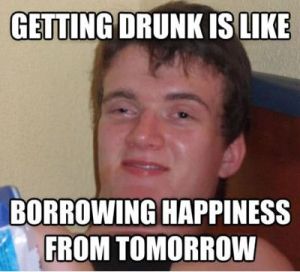
Another ‘solution’ I have heard numerous times is ‘hospitalization’ and to this I would like to recall to you what my therapist said to me when I suggested it to him during my second major depression which lasted over three months in 2008: “you won’t like hospital”. Hospital may be good if you have a private health fund or enough money to send yourself to a relaxing retreat. Unfortunately for me I would first have to threaten suicide and then I would be jammed into an overcrowded ward in a public hospital surrounded by extremely unwell people watched over by overworked and understaffed social workers who can offer not much more than medication to shut us all up.
So what am I left with? Well therapy is first and foremost my best chance of breaking through this barrier. My other weapon is CBT (Cognitive Behavioural Therapy) the bread and butter of surviving anxiety. It involves challenging the negative thoughts and always doing the best you can to move on regardless of the fear. Sometimes I succeed and sometimes I don’t. In my weakened state it can often be two steps forward one step back. It can even be three or four steps back! The only choice I have is to rest when I need to and then get up and try again. Sometimes I am running on pure hope and that is all I have to keep me going, but I need to have trust in my therapist and in my past experiences. I have had so many minor bouts of this shit I have lost count. The major ones came in 2004 (around six weeks), 2008 (around three months), 2012 (around three months and then a second bout later in the year of which I cannot remember the duration).
While all of these episodes had similar symptoms they all resulted in different outcomes, both emotionally and perspective wise. I usually ended up with a new direction that I felt I needed to take. This particular bout is unique in that I have not had to take any time of work (so far, touch wood) and I have been blessed with intermittent weeks of little or no symptoms. Sadly this is making it practically impossible to know if I am out of it or not (always a catch).
After all of my previous bouts I came out the other side with new insights into myself and a better understanding of my own emotional troubles. Does that mean I am confident that I will beat it this time? Certainly not! I am shit scared!!! But I do have hope and that can be plenty when you are on your ass. I just keep moving forward one day at a time (sometimes even 5 minutes at a time) and trust that there is a purpose to all this and I will reach a conclusion. One of the numerous mottos I go by may help explain this process for everyone: “the only way out is through”
One final comparison might offer a little more understanding. One serious bout was described to me by a counsellor as similar to a grieving process (imagine this for a person who cannot properly deal with their emotions!). It is a process that needs to be moved through and cannot be rushed. Greif has a lot to do with my problems, but that is a whole other essay. Suffice to say as bad as a wish I could complete some task or take a pill and be done with this crap, the only real way I can make it is with pure grit and determination; slowly but surely. The terrifying part is that there are no guarantees and a lot of the time I am running on blind faith.
I will probably never be rid of this shit; I will always need to be prepared for a bout now and then and I hope I can count on support from my family, friends and loved ones. I know I cannot do it alone and I am eternally grateful to all the wonderful people who have helped me through my various battles with these demons.



